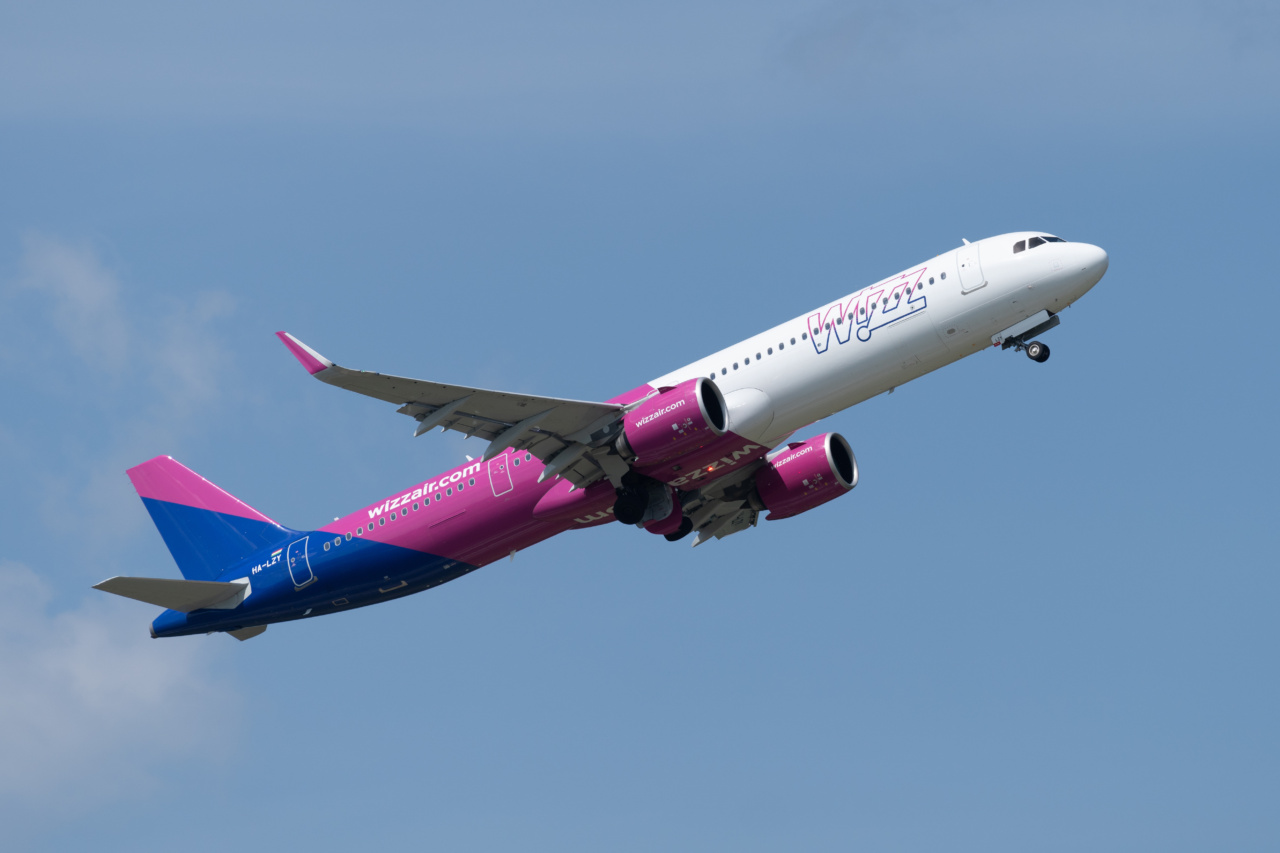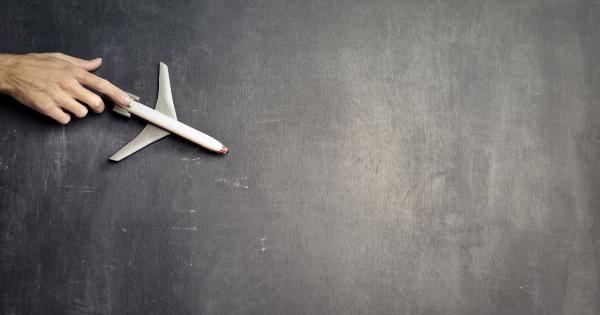Traveling is a thrilling adventure that allows us to explore new destinations, experience different cultures, and create unforgettable memories. However, the downside of travel is often the dreaded jet lag.
Jet lag occurs when our internal body clock, also known as our circadian rhythm, becomes disrupted due to traveling across multiple time zones. This disruption in our sleep-wake cycle can leave us feeling exhausted, disoriented, and unable to fully enjoy our trip. Fortunately, there are several techniques you can employ to help minimize and manage jet lag.
In this article, we will explore five effective strategies to tackle travel exhaustion and make the most out of your journey.
1. Adjust Your Sleep Schedule Before You Travel
One of the best ways to combat jet lag is by gradually adjusting your sleep schedule before embarking on your trip. If you are traveling eastward, try going to bed and waking up an hour earlier each day leading up to your departure.
Conversely, if you are traveling westward, gradually shift your bedtime and wake-up time an hour later each day. This gradual adjustment will help your body acclimate to the upcoming time zone change, making the transition smoother once you reach your destination.
Additionally, try to get a good night’s sleep the night before you travel to ensure your body is well-rested before the journey.
2. Stay Hydrated
Dehydration can exacerbate the symptoms of jet lag, so it is essential to stay hydrated throughout your trip. Drink plenty of water before, during, and after your flight to combat the dry cabin air and minimize fatigue.
Avoid excessive consumption of caffeinated beverages, as they can contribute to dehydration. Opt for water or herbal teas instead. Additionally, consider using a moisturizer or hydrating face mist to keep your skin refreshed and prevent it from becoming dry during the flight.
3. Follow the Local Time Upon Arrival
Upon reaching your destination, adjust your activities and meals to match the local time as quickly as possible. This means eating meals at regular intervals based on the local time, even if you are not hungry initially.
By syncing your meal times with the new time zone, you are helping your body reset its internal clock. Additionally, try to resist the temptation to take a nap as soon as you arrive, as this can further disrupt your sleep schedule. Instead, engage in light physical activity or go sightseeing to stay awake until the evening.
4. Get Some Sunlight
Exposure to natural sunlight can help regulate your body’s internal clock and minimize jet lag symptoms.
Spend time outdoors during daylight hours, especially in the morning, as sunlight helps suppress the production of melatonin, a hormone that controls sleep. Take a walk, explore the city, or simply sit by a window and enjoy the view.
If you are traveling to a destination with limited sunlight, consider using a light therapy lamp, which simulates natural light and can aid in readjusting your circadian rhythm.
5. Consider Melatonin Supplements
Melatonin is a hormone that helps regulate sleep, and taking melatonin supplements may assist in managing jet lag.
A short-term course of melatonin supplements, taken before bedtime, can help reset your internal body clock and improve sleep quality in a new time zone. It is always recommended to consult with a healthcare professional before starting any new supplements to ensure they are suitable for you and do not interact with any medications you may be taking.
Conclusion
Jet lag is an unavoidable side effect of long-distance travel, but it doesn’t have to ruin your trip.
By implementing these five techniques – adjusting your sleep schedule, staying hydrated, following the local time, getting sunlight, and considering melatonin supplements – you can effectively manage travel exhaustion and quickly adapt to your new surroundings. Remember to listen to your body’s needs, be patient with the adjustment process, and prioritize self-care during your journey.
With these strategies in place, you can make the most out of your travels and fully enjoy the incredible experiences that await you. Bon voyage!.






























